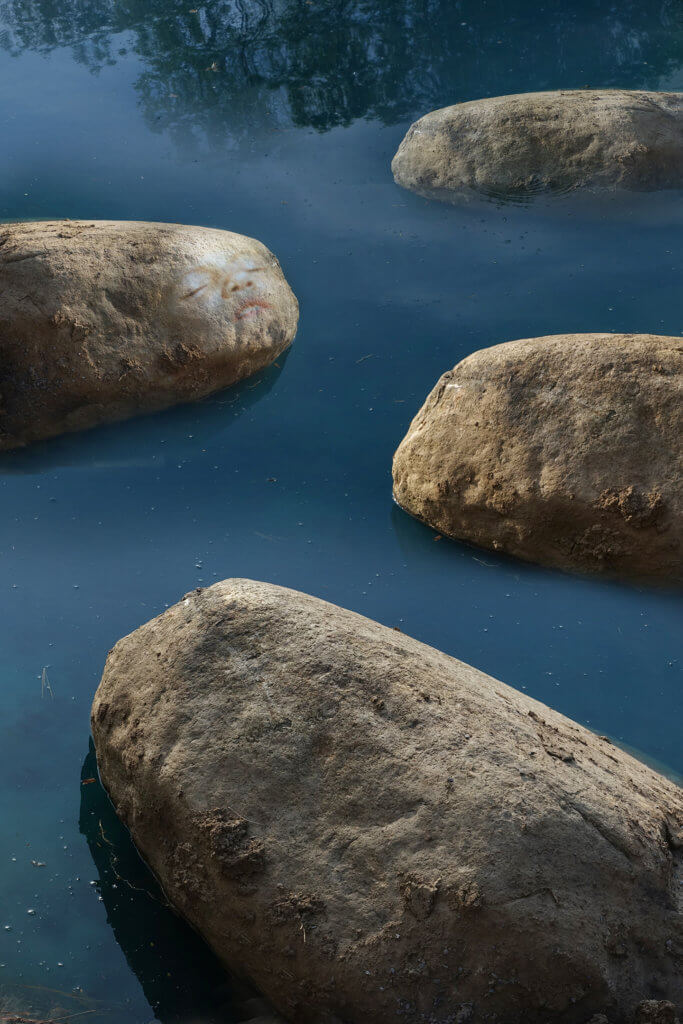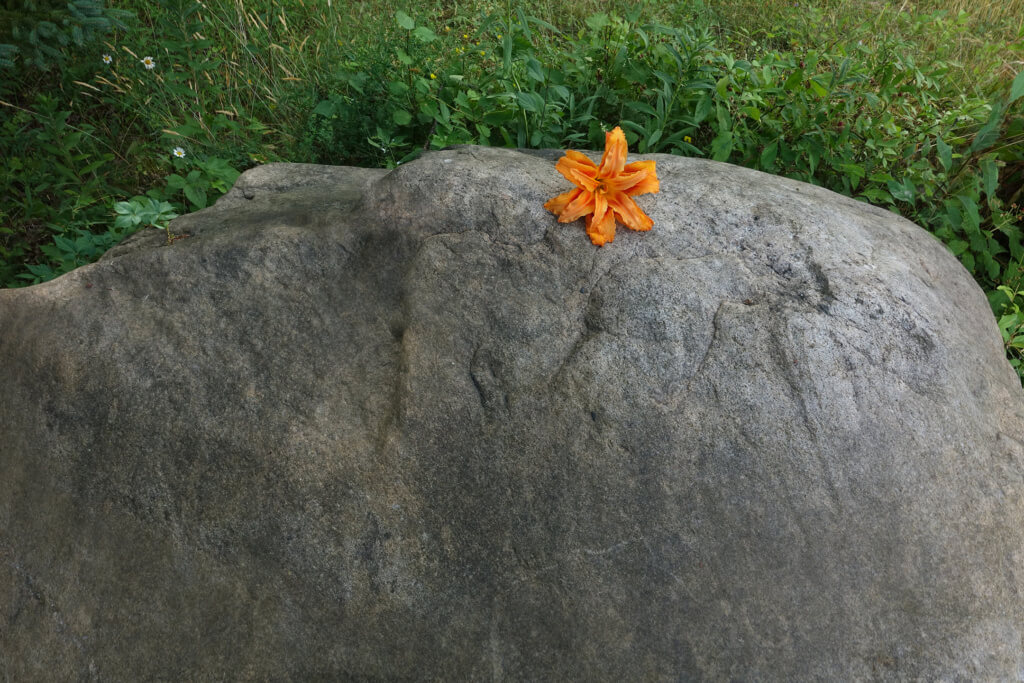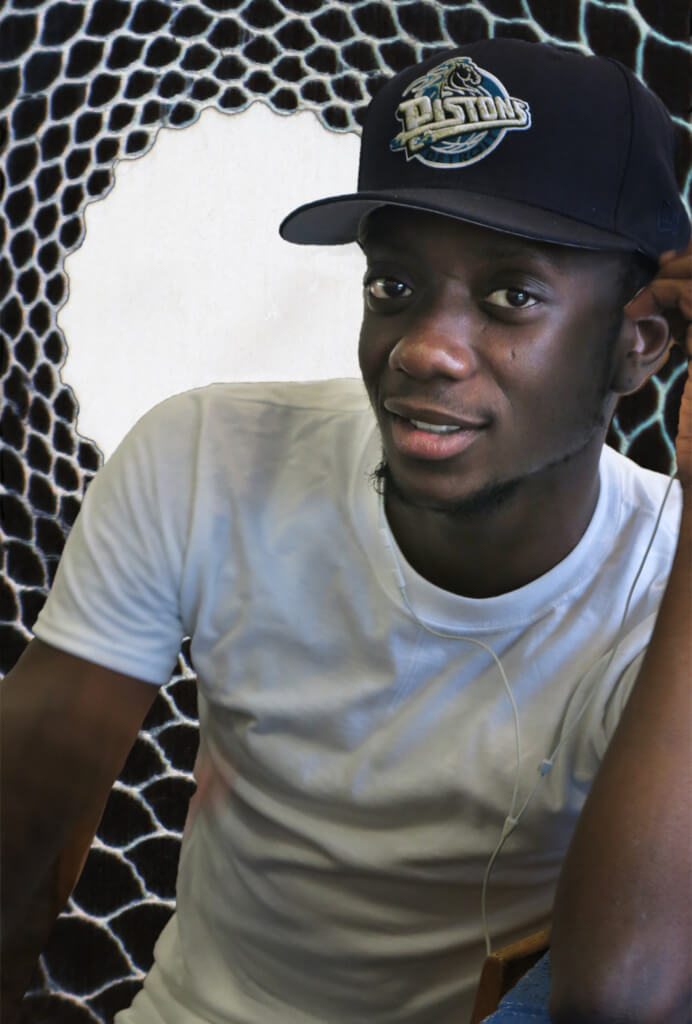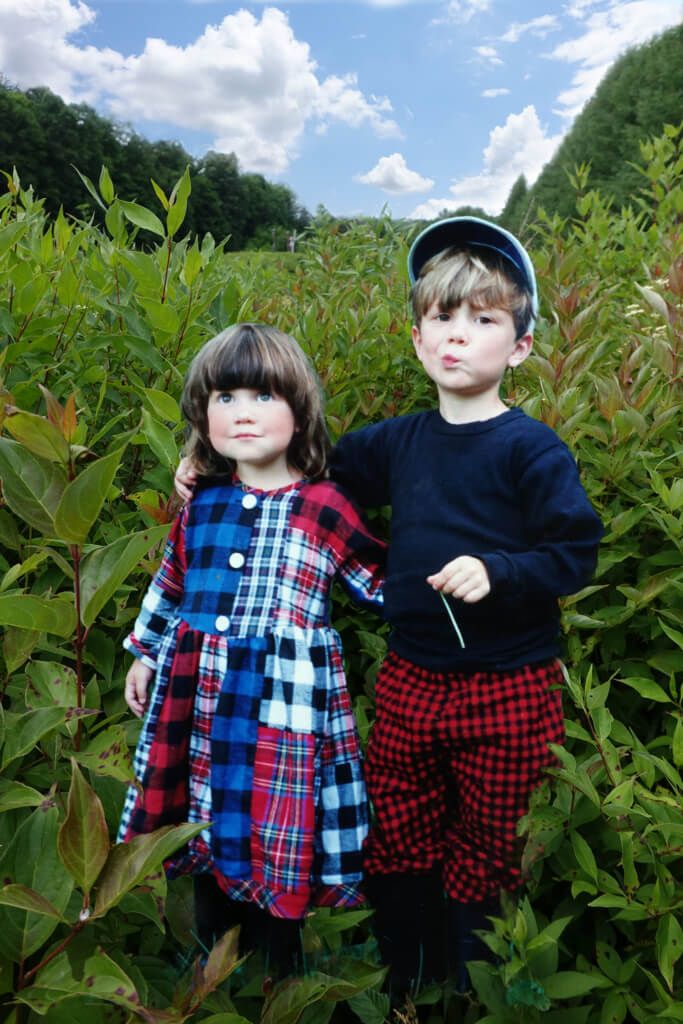 Consider all the ways we cause our selves and others suffering. If, once in a while, we were to borrow another’s view of life, we might find a path to peace.
Consider all the ways we cause our selves and others suffering. If, once in a while, we were to borrow another’s view of life, we might find a path to peace.
Late on the second day of excavating to make the pond accessible for swimming, the prized boulder that had been fished out years ago suddenly slipped from the excavator’s grapple and sank into the water, cracking the new concrete staircase as it fell.
“Why is everything going wrong?” I whined to the guy operating the excavating equipment. I didn’t want to yell at this gentle person who, for weeks, had helped me plant flowers and pull up pondweed. He was a Buddhist, I’d heard. But even he was riled now. I’d been greedy, dancing on the deck as he worked, hollering to him over the clatter of the excavator, “yay, let’s move this stone over there next, and that one over here….”
He staggered down off the excavator. Together, we contemplated the maybe-500-million-year-old rock now stuck in the pond on a steep downward-slanting ledge. It would be submerged when the water level returned to normal after this dry summer.
“We can’t just leave it there,” I whimpered, expecting a barrage of cursing. But he simply grimaced, and stuffed his words into small grunts. I sobbed, “It’s like losing a daughter.”
“It’s not moving,” he said. Calmly. Then he gathered up the equipment, and left.
I cried. I sat by the boulder until it got cold and dark out. Grief and shame were like rocks in my gut. My head pounded. The boulder. The Buddhist. All the money I’d spent. Two sleepless nights went by. Then I googled “Buddhist Principles” and found the four Noble Truths:
Pain and suffering are integral to life. When life doesn’t go our way we make ourselves miserable with wanting. If we learn to love what we have and live each day at a time, we can overcome our suffering. We must face reality and open our hearts to change.
In the early morning, the dog and I stood looking over the mess. We sat quietly in the tousled soil by the boulder, long enough that frogs moved in around us. The sun rose. Birds sang. It was beautiful. It was enough. And – call me crazy-lady – I begged forgiveness of the boulders, and told them I would love them wherever they ended up.
What will I say, I wonder, to my Buddhist?
 “Another boulder,” I hooted, as Excavator #5 dislodged a large mud-covered rock. That made four. Four boulders now sat in my yard. Solid. Substantial. They would outlast me by eons, hanging out on this land forever.
“Another boulder,” I hooted, as Excavator #5 dislodged a large mud-covered rock. That made four. Four boulders now sat in my yard. Solid. Substantial. They would outlast me by eons, hanging out on this land forever.  I know how it is to lose a child. An almost-adult child I loved and had high hopes for, whose life my own life revolved around. She was, and still is, half my world. “Always,” she used to sign her letters. Now, she is “always” in my heart.
I know how it is to lose a child. An almost-adult child I loved and had high hopes for, whose life my own life revolved around. She was, and still is, half my world. “Always,” she used to sign her letters. Now, she is “always” in my heart. Decades ago every event or holiday was an opportunity to dress my young children in colorful costumes. Our calendar was always full. Parties and picnics. School celebrations. Parades. Pleased with their new outfits, and anticipating the festivities, my kids posed, sometimes smiling, for the camera.
Decades ago every event or holiday was an opportunity to dress my young children in colorful costumes. Our calendar was always full. Parties and picnics. School celebrations. Parades. Pleased with their new outfits, and anticipating the festivities, my kids posed, sometimes smiling, for the camera.